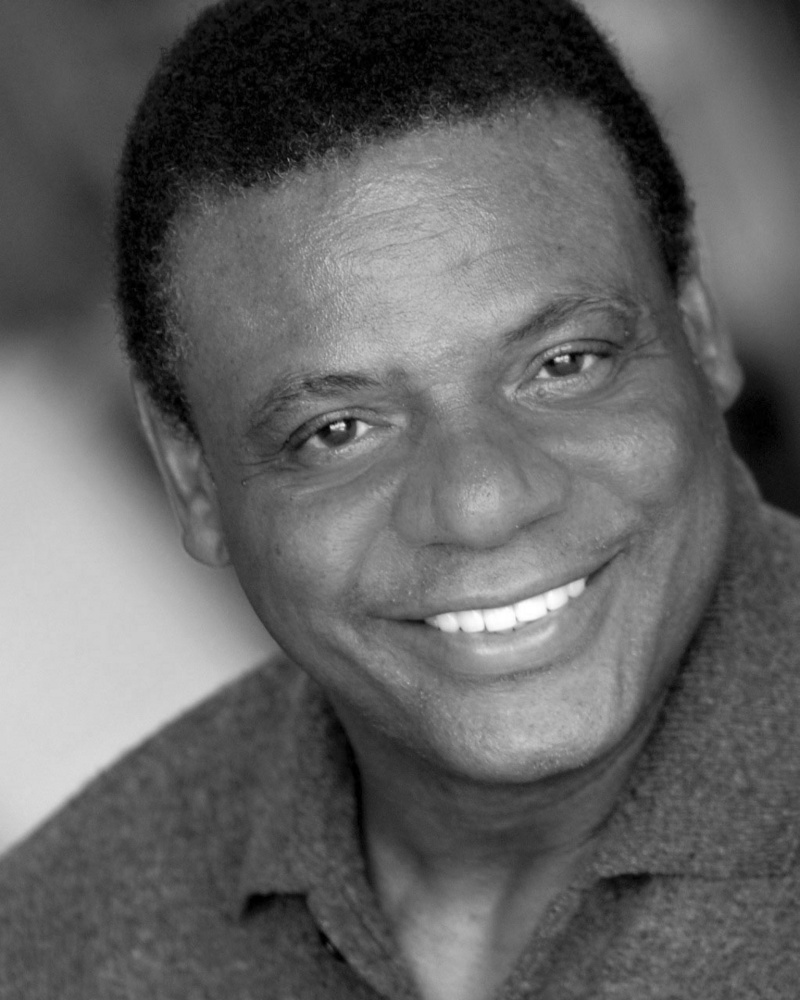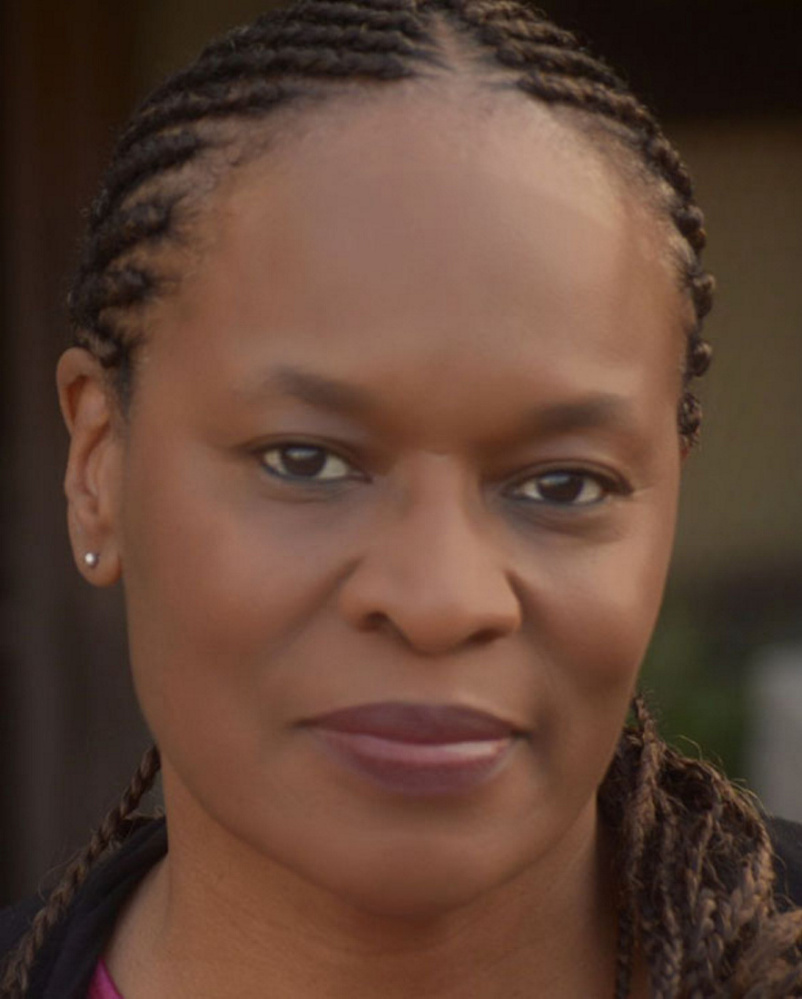Harvy Blanks had wanted nothing to do with portraying Martin Luther King Jr. Even after he accepted the role, he had doubts, calling director Charles Weldon more than once to tell him, “Hey, man, I don’t know.”
Never mind the challenge of playing one of the most recognized men in history in the stage drama “The Mountaintop,” the role required that Blanks set aside his perceptions and personal feelings of the civil rights leader and humanize him in ways that made him uncomfortable.
“I had to tear down some conceits that I had relative to my perceptions of Dr. King,” Blanks said. “Sometimes we put people on a pedestal. This play is about taking him off that pedestal for a while so we can view into what his human soul was. I’m very protective of our heroes. We have so few of them.”
“The Mountaintop” opens Nov. 3 at Portland Stage Company and is a fictional re-imagining of the night before King was assassinated in April 1968 on the balcony of the Lorraine Motel in Memphis, Tennessee. The play is set in his hotel room and features a young maid, Camae, who delivers him coffee – and something more.
“The Mountaintop” takes its name from King’s final speech, “I’ve Been to the Mountaintop,” which he deliver earlier in the day.
It is the second 1960s-era play about American history opening this fall in Portland. This week, Good Theater opens “Mama’s Boy” at the St. Lawrence Arts Center, about JFK assassin Lee Harvey Oswald and his relationship with his mother.
Written by Katori Hall, “The Mountaintop” opened in London, where it won an Olivier Award for best new play in 2010. When it opened on Broadway, it starred Samuel L. Jackson and Angela Bassett.
The play is about leadership, legacy and mortality. It offers a portrait of King that we don’t often see, as a frustrated middle-aged man with smelly feet, bad breath and a nasty cigarette habit. It also delivers a strong message about race.
Kim Staunton, who plays Camae, said the play is surprisingly timely, given the continued racial discord in America. When she read the script, she thought it could have been set in 2015 instead of 1968.
Her character, Camae, is more than the object of King’s flirtatious curiosity. She forces him to confront not only his own life, but the plight and future of black America. At its core, this play is very much about the relationship between race and fear and a better path forward, she said.
Weldon agreed.
“I would like for all white America to see this play, because I think they would come away with a whole other understanding of African Americans and black life in America,” he said. “It’s about Martin Luther King, but it’s still about our people.”
Send questions/comments to the editors.





Success. Please wait for the page to reload. If the page does not reload within 5 seconds, please refresh the page.
Enter your email and password to access comments.
Hi, to comment on stories you must . This profile is in addition to your subscription and website login.
Already have a commenting profile? .
Invalid username/password.
Please check your email to confirm and complete your registration.
Only subscribers are eligible to post comments. Please subscribe or login first for digital access. Here’s why.
Use the form below to reset your password. When you've submitted your account email, we will send an email with a reset code.